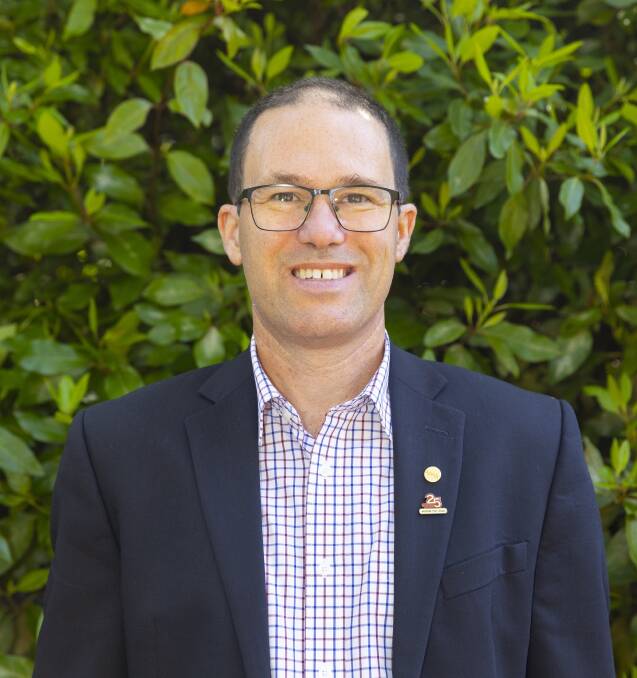The new president of the Rural Doctors Association of Australia (RDAA) will push for an expansion of key health services in rural and remote communities.
Subscribe now for unlimited access to all our agricultural news
across the nation
$0/
(min cost $0)
or signup to continue reading
Dr Raymond 'RT' Lewandowski was appointed to the role at the organisation's annual general meeting, held in Hobart last Friday.
Dr Lewandowski's push will include sustainable rural maternity services, new procedural services like endoscopies, and non-procedural services like mental healthcare and paediatric care, to deliver significant "bang for the health buck" when provided locally by rural generalist doctors.
Dr Lewandowski is a rural generalist doctor working in the Far North Queensland communities of Innisfail and Cairns and he has replaced Dr Megan Belot in the role, following the completion of her two years.
"As a rural generalist obstetrician, I know how critical rural maternity services are to those living in rural communities," Dr Lewandowski said.
"That's why it is so crucial we do everything we can to ensure the survival of these services into the future."

He said as a rural generalist doctor who also provides endoscopies, he understands that expanding endoscopy services into more rural and remote communities would make a big impact in ensuring early bowel cancer screening for more people without them having to travel long distances to access this service.
"A reason often cited for the downgrading or closure of rural procedural services is the shortage of rural generalist doctors with advanced skills in areas like anaesthetics, obstetrics, endoscopy and general surgery," he said.
"There is also huge demand in rural communities for more non-procedural services like mental healthcare, geriatric care, palliative care and paediatric care.
"That is why it is critical that governments continue the roll-out of the National Rural Generalist Pathway program, to ensure we are training enough rural generalist doctors to sustain these much-needed rural services into the future."
Dr Lewandowski trained overseas, but says he is well qualified to constructively contribute to discussions regarding health professional migration to Australia.
"I welcome the current attention being given on improving the pathway into Australia for doctors trained overseas as well as other health professionals," he said.
"Having been through the experience myself of applying to work as a doctor in Australia, and having to make repeated applications due to bureaucratic time limitations and repeated documentation requests, there is much that can be done to streamline the system without compromising safety and quality."

